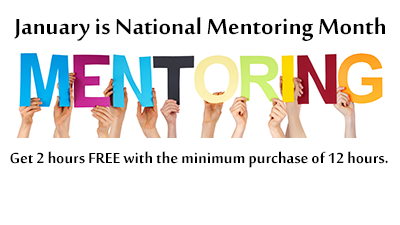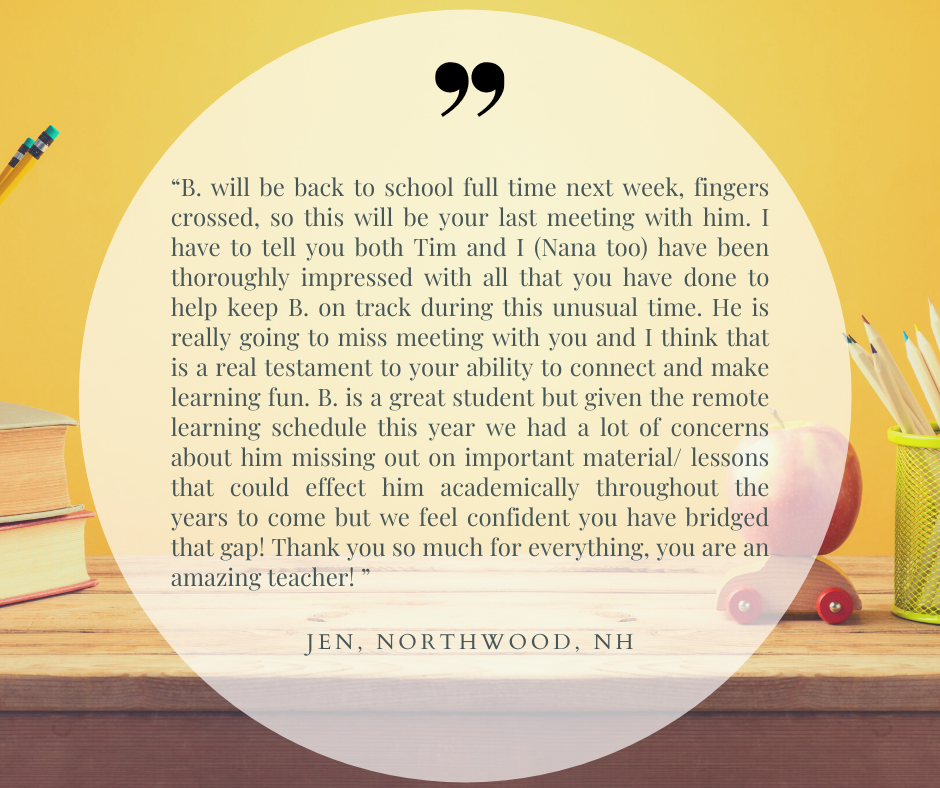Today I am starting a series of blogs on some significant issues in the US. Education of our youth as this has been a topic of conversation across the board and the newly released Federal Budget promises to add more fuel to what has become a fiery issue.
Since colonial times, Americans have had some form of public education, paid for with a variety of taxes and fees. For many years, this was a state and local effort. It wasn’t until 1867 that the Federal Government created a national department to “collect information on schools and teaching that would help the States establish effective school systems. While the agency’s name and location within the Executive Branch have changed over the past 130 years, this early emphasis on getting information on what works in education to teachers and education policymakers continues down to the present day.”1
 Different administrations have given more or less emphasis on the way we educate ourselves, but the most significant effort came in 1980 when Congress created the Department of Education as a Cabinet level agency.2 The current administration has not been shy about their efforts to get rid of the department. The current Secretary of Education, Betsy DeVos, is one of the most controversial nominees in the history of the department. She was confirmed by a 51-50 vote in the Senate, with the Vice President casting the unprecedented tie-breaking vote.
Different administrations have given more or less emphasis on the way we educate ourselves, but the most significant effort came in 1980 when Congress created the Department of Education as a Cabinet level agency.2 The current administration has not been shy about their efforts to get rid of the department. The current Secretary of Education, Betsy DeVos, is one of the most controversial nominees in the history of the department. She was confirmed by a 51-50 vote in the Senate, with the Vice President casting the unprecedented tie-breaking vote.
So what I’d like to do (and as usual I invite and welcome your feedback!) is take a few of the bigger issues and explore them with you. Among these will be school vouchers, special education reform, the teacher shortage, preschool and childcare, and other topics that are current, and sometimes controversial.
At New England Tutors, we see some of the good and some of the unfortunate results of new and varying attempts to improve education. In some cases, we receive the fallout and work to mend the problems. In other cases, we become the glue that holds the various pieces together. In any case, we are intimately involved with all of the topics we will delve in to.
So let’s tackle school vouchers first and see where we end up. And let me give you a piece of advice: if you’re invited to a dinner party, don’t bring up school vouchers. Vouchers, as you probably know, are one of the most hotly debated ideas in the field of education. The recent hearings to confirm Betsy DeVos as Secretary of Education confirm this fact. There are cogent arguments on both sides of the issue, and there are totally off-the- wall arguments as well. As you know, when it comes to our kids, we really are like mountain lions protecting our young.
On the one hand, most school administrators and the National Education Association are totally opposed to school vouchers. The NEA gives three “cases” against vouchers—educational, social, and legal. Under the educational case, the first thing they cite is student achievement as the “driving force behind any education reform initiative.” Then they suggest you “See what research says about the relationship between vouchers and student achievement.”3 On the other hand, if you go to EdChoice (https://www.edchoice.org/), you will find equally persuasive research in favor of vouchers.
But one item of research I find very interesting is that most people cannot explain vouchers, either their implementation or their results on achievement. So something is not working in our examination of the idea.
When we look at the motivating factors for and against, we find a variety of forces. There are those who follow the Milton Friedman idea that any government involvement in social programs is always doomed to failure and is inherently anti-freedom. Some have labeled this idea as Libertarianism, but when it comes to vouchers, you can find a variety of political persuasions on both sides. But it was Milton and Rose Friedman who began the argument for the modern concept of school vouchers. In their book and television series Free to Choose, both Chapter and Episode Six are entitled “What’s Wrong with Our Schools?”
The NEA is a teacher’s union, the largest labor union in the country. Some have argued that all their “cases” can be traced back to one motivating factor—teacher salaries and their dues contributions to the union.
Then there are religious organizations of all sorts who have been for and against vouchers over the years, depending whose ox was being gored.
So putting these and other influences alongside protecting and nourishing our children, it’s no wonder that vouchers are an unsafe topic in polite, and even impolite, society.
 And this is where my real problem is with vouchers: there doesn’t seem to be a non-partisan debate going on. Americans United for Separation of Church and State found in 2013 that 70% of the public opposes private school vouchers. Isn’t this a non-partisan organization? Well, yes, if you discount the fact that they oppose any money going to secular schools. EdChoice cited above showed positive results. And the National Bureau of Economic Research, a non-partisan research organization in Cambridge, Mass., said the effects of vouchers “have been neither the rousing success imagined by proponents nor the abject failure predicted by opponents.”4
And this is where my real problem is with vouchers: there doesn’t seem to be a non-partisan debate going on. Americans United for Separation of Church and State found in 2013 that 70% of the public opposes private school vouchers. Isn’t this a non-partisan organization? Well, yes, if you discount the fact that they oppose any money going to secular schools. EdChoice cited above showed positive results. And the National Bureau of Economic Research, a non-partisan research organization in Cambridge, Mass., said the effects of vouchers “have been neither the rousing success imagined by proponents nor the abject failure predicted by opponents.”4
The fact is that nobody knows if vouchers work or not. But proponents and opponents simply ignore each other’s’ studies and experiences.
In Washington, D.C. they seem to work for some students. In Louisiana, they seem not to. We do know that in Sweden, Chile, and The Netherlands vouchers are an integral, and usually successful, element of the educational system. But here again, we can find arguments both pro and con about student outcomes.
What’s a parent to do? Well, you could pick your belief and follow the trail that it sets out: religion, economic theory, political party, social class. But that really just leaves us where we are and that seems to be on a downward spiral in this country.
Or, you could do what the local system was set up to do: get involved with your local school and school system and contribute your time, talent, or treasure.
But I can tell you, at the student level…at the level where the pencil meets the paper…we have to do better. I can tell you this because, as I said above, NET’s whole reason for being is that some kids are missing out somehow. We recognize that change needs to happen on all levels to accomplish an individualized educational experience that maximizes each student’s potential for the greater good of our communities and our country.
I look forward to your comments. Any light you can shed here will be a tremendous help to us all. And you will help us further our motto of “Success With Every Student.”

New England Tutors
Allison Neal
80 Ham Road | Barrington, NH | 03825
(603) 953-5025
allison@netutors.com
1U.S. Department of Education, https://www2.ed.gov/about/overview/fed/role.html
2Ibid.
3National Education Association, The Case Against Vouchers, http://www.nea.org/home/19133.htm
4Detroit Free Press, Lori Higgins, January 15, 2017, http://www.freep.com/story/news/education/2017/01/14/betsy-devos- school-vouchers- education/96199598/











